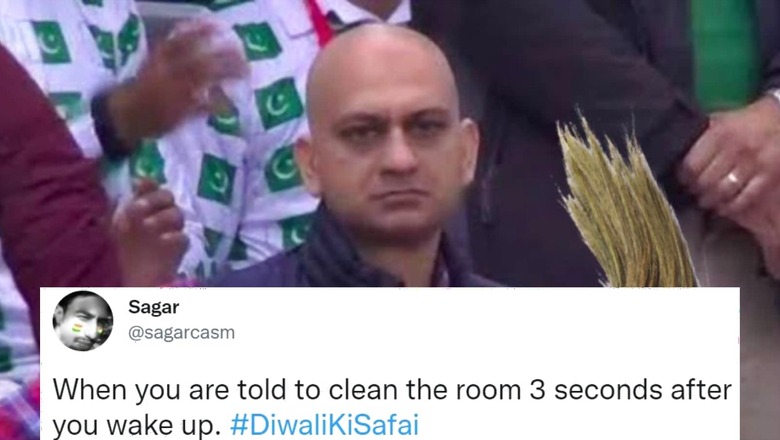
views
Diwali is just around the corner and Desi households are waiting to jump into their annual “Diwali ki safai” endeavours. It’s that time of the year again when lights, lamps and decorations are introduced into homes, but there is an even more crucial step that comes before them. It’s the Diwali special deep-cleaning. Every surface of the home has to be brought to a shining effect, and every unwilling participant in every family has to pitch in with their two bits.
This year, Diwali festivities will begin on 24 October with with the rituals of Lakshmi Puja. For some, this will mean a full-fledged celebration, while some others will be looking forward to enjoying their annual holidays off work or school. Even the prospect of household chores might look a little brighter in light of the festivities that will follow. ‘Diwali ki safai’ memes are currently sweeping through Twitter.
he: she's not replying, maybe she is not interested in me anymoreshe: pic.twitter.com/GGGELVaMwx
— Shubh (@kadaipaneeeer) October 16, 2022
Me going home on Friday evening knowing entire weekend ahead would be spent on Diwali cleaning pic.twitter.com/yd1agz5132— Pakchikpak Raja Babu (@HaramiParindey) October 16, 2022
When you are told to clean the room 3 seconds after you wake up. #DiwaliKiSafai pic.twitter.com/eCrwFOJxSX— Sagar (@sagarcasm) October 16, 2022
Me after completing diwali ki safai pic.twitter.com/xNCgP3i8yK— rozgar_CA (@Memeswalaladka) October 16, 2022
I totally relate to Jethalal when it comes to #Diwali ki saaf safai pic.twitter.com/uvz7vJywsH— Stutii (@Sam0kayy) October 15, 2022
*diwali ki safai exists*Spider and other insects: pic.twitter.com/0qdhSBNJ5u
— S (@shut_up_sahil) October 16, 2022
Spiders when you clean their webs during Diwali ki safai be like pic.twitter.com/uRGnLtgq9Y— Shikhar Sagar (@crazy__shikhu) October 12, 2022
Every Diwali, the pollution question spells reason for worry across Indian cities. For the past several years, many states in Northern India, particularly Delhi, have been making global headlines for their deterioration in air quality in the days following Diwali and an upscale in activities like stubble burning that has led to a drastic increase in air pollution.
Usually, the northern belt experiences two spells of severe air pollution during winter. One in October-November and the other in December-January. The first spell of pollution is particularly associated with Diwali firecrackers and stubble burning.
Read all the Latest Buzz News and Breaking News here











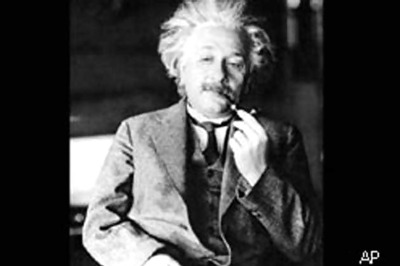





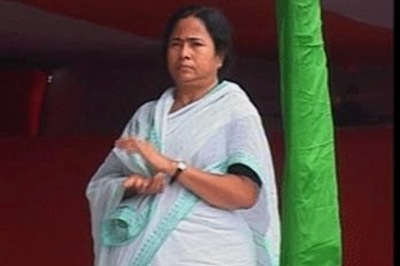
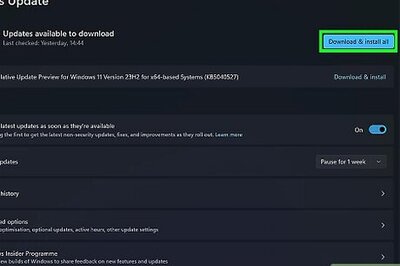
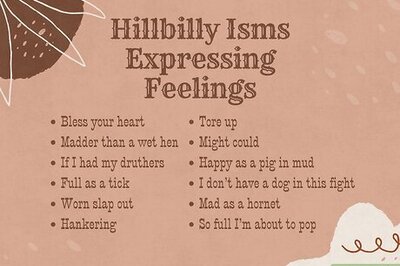
Comments
0 comment